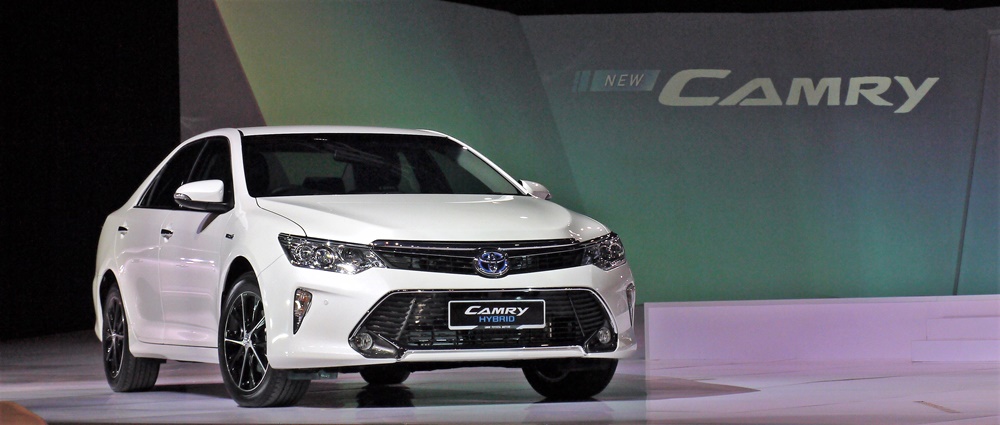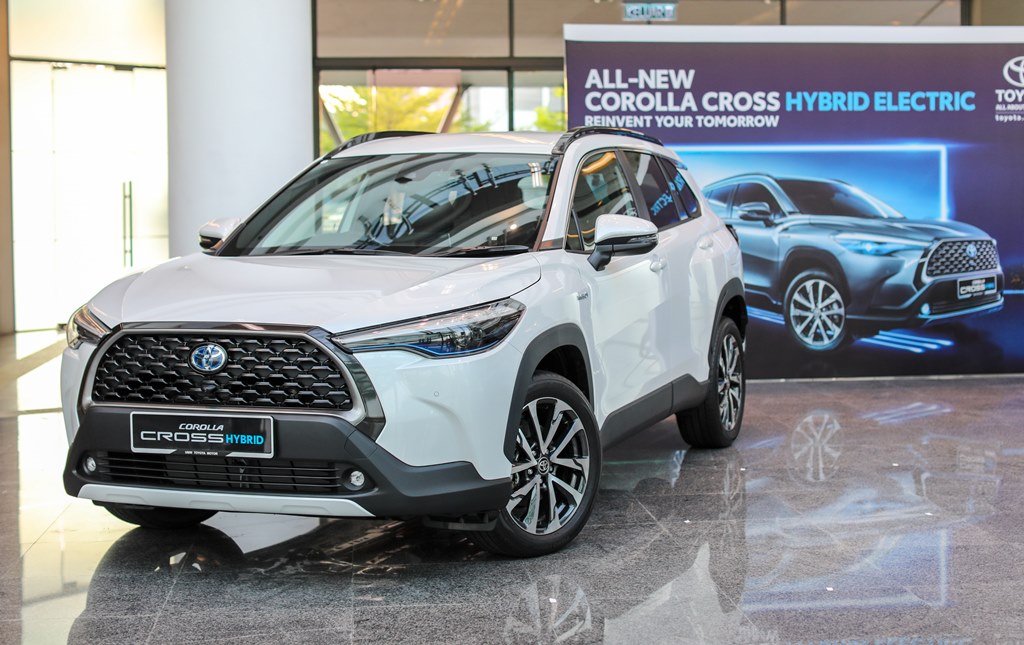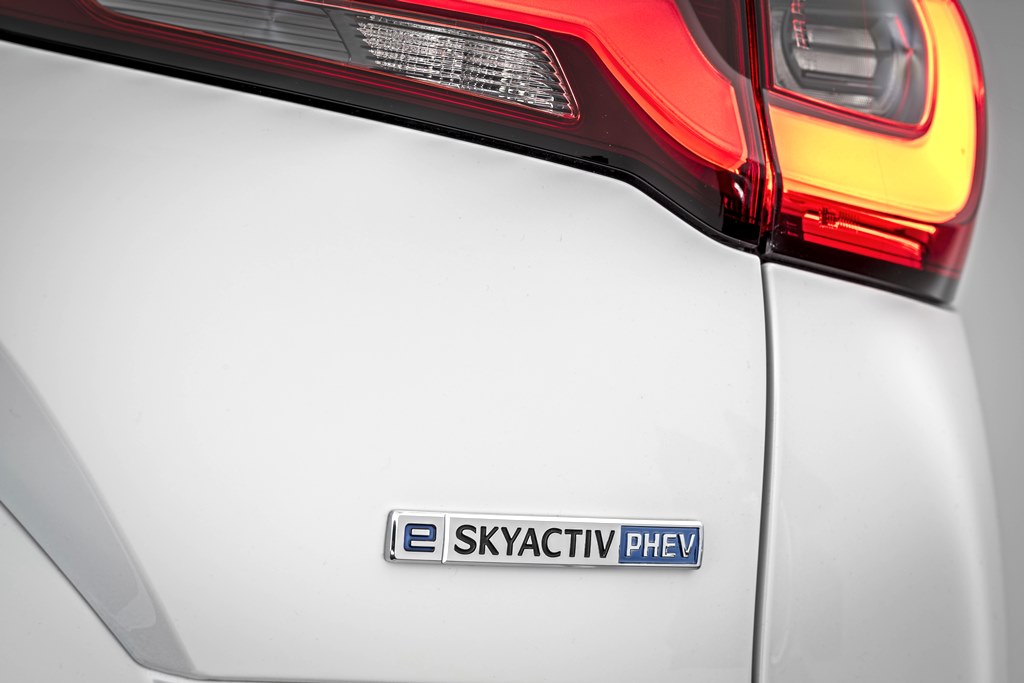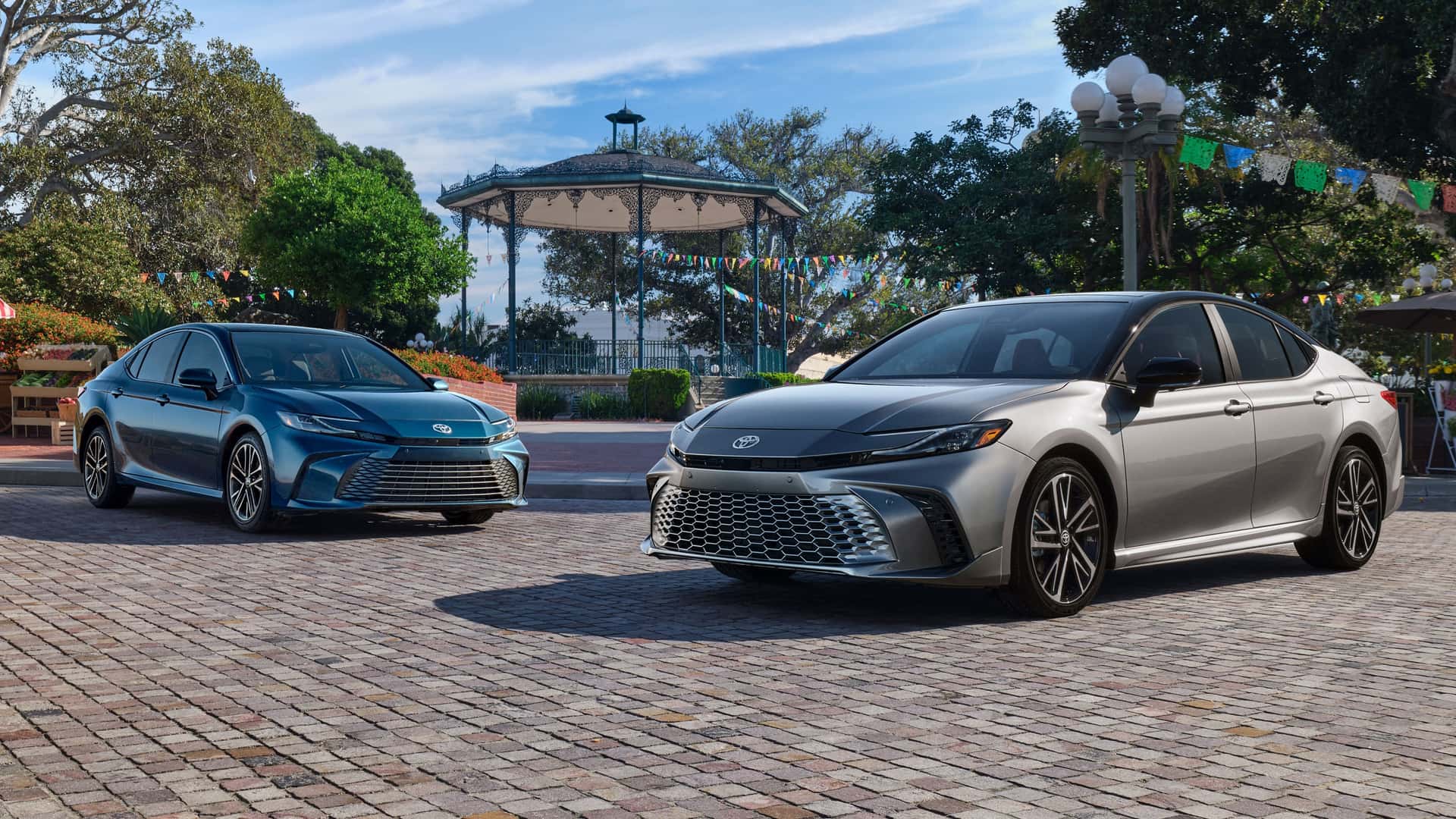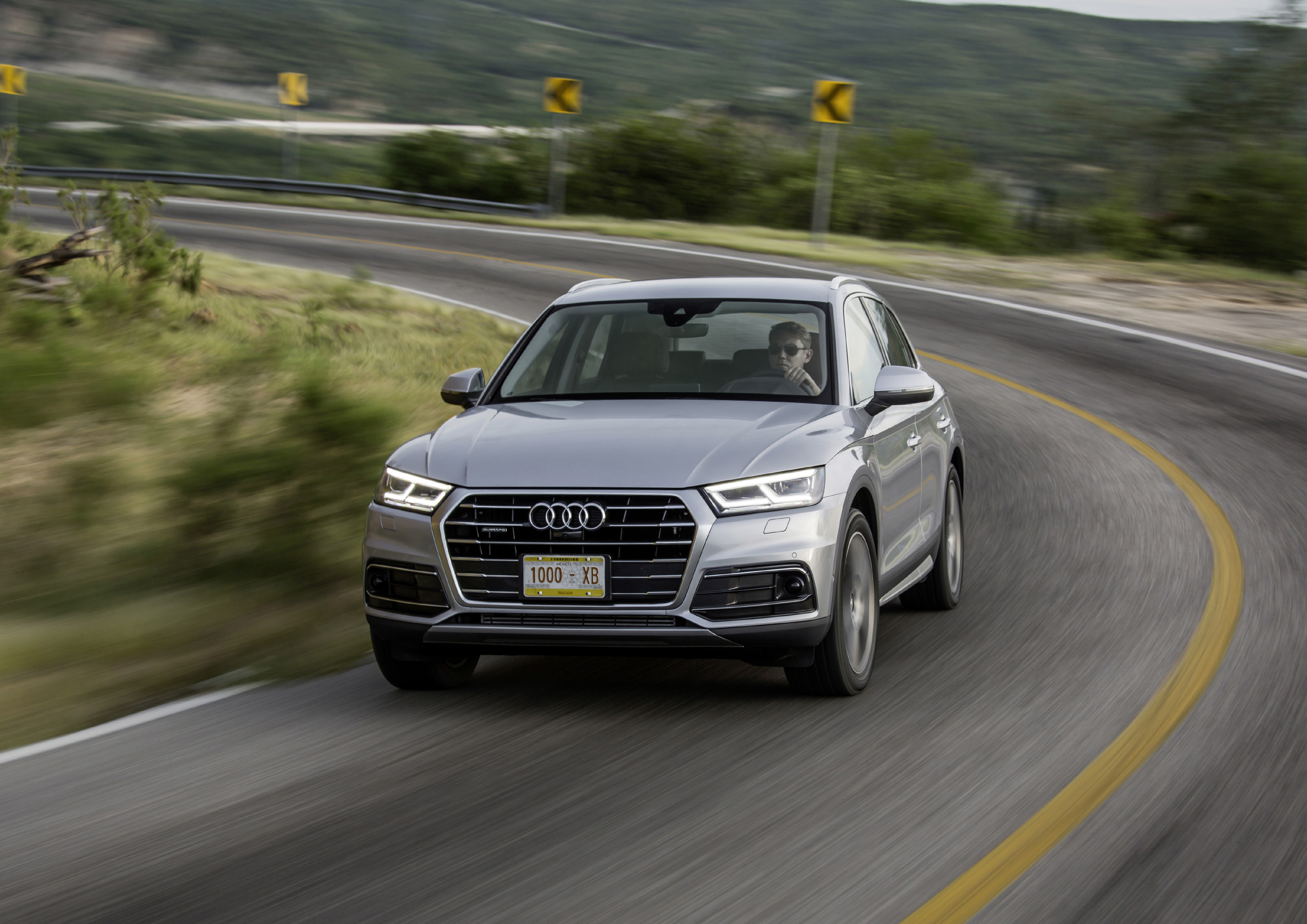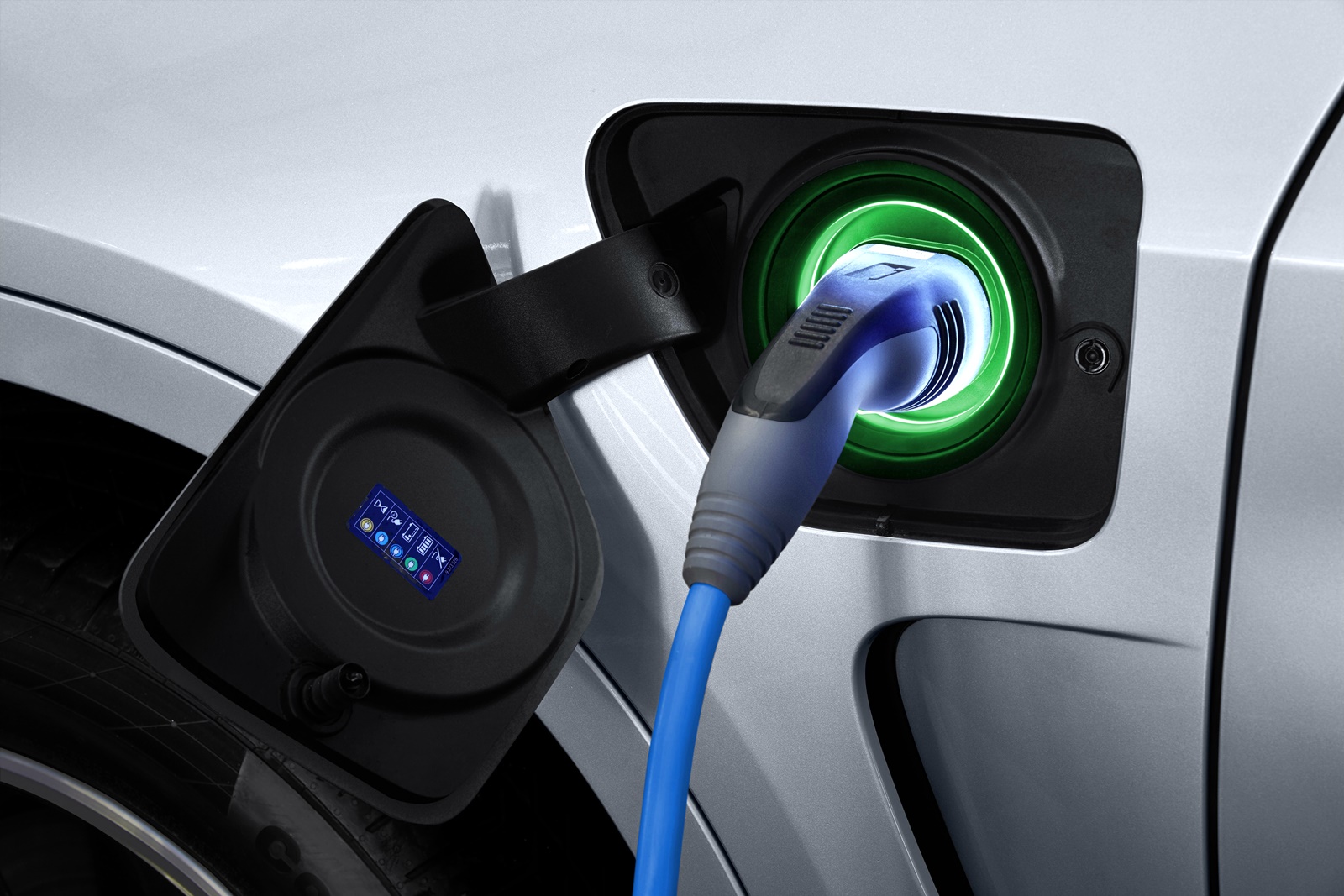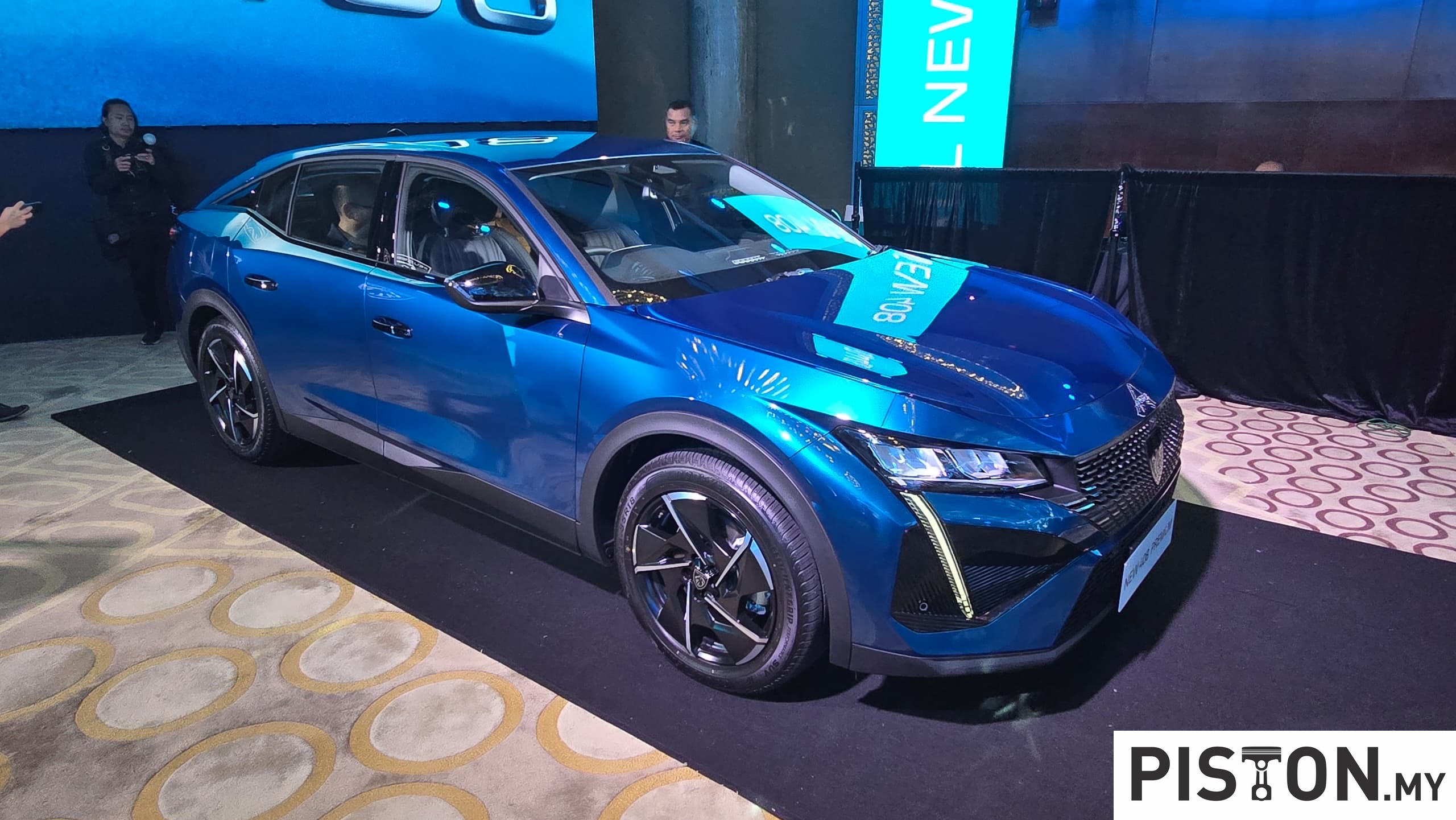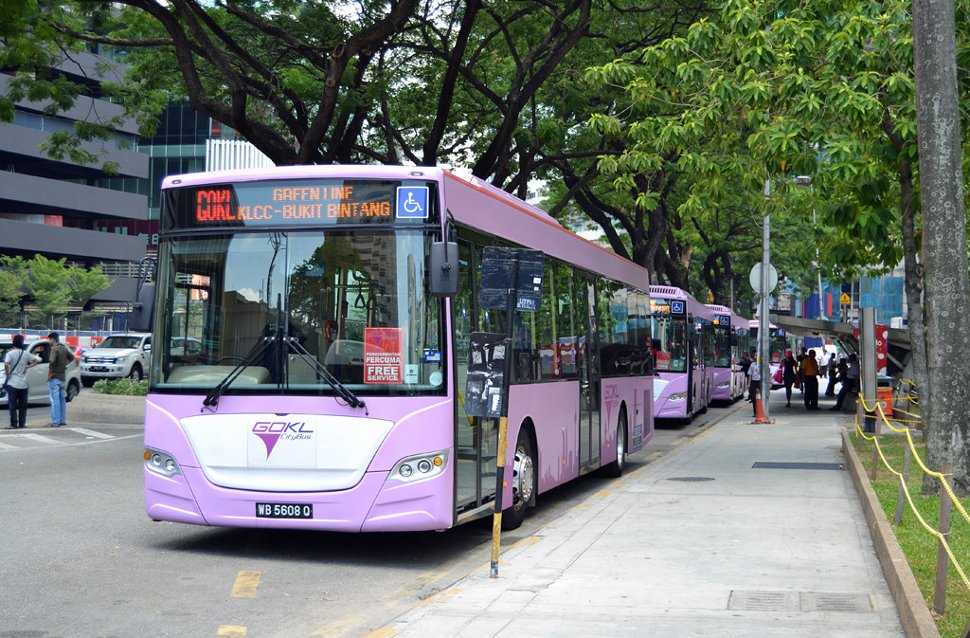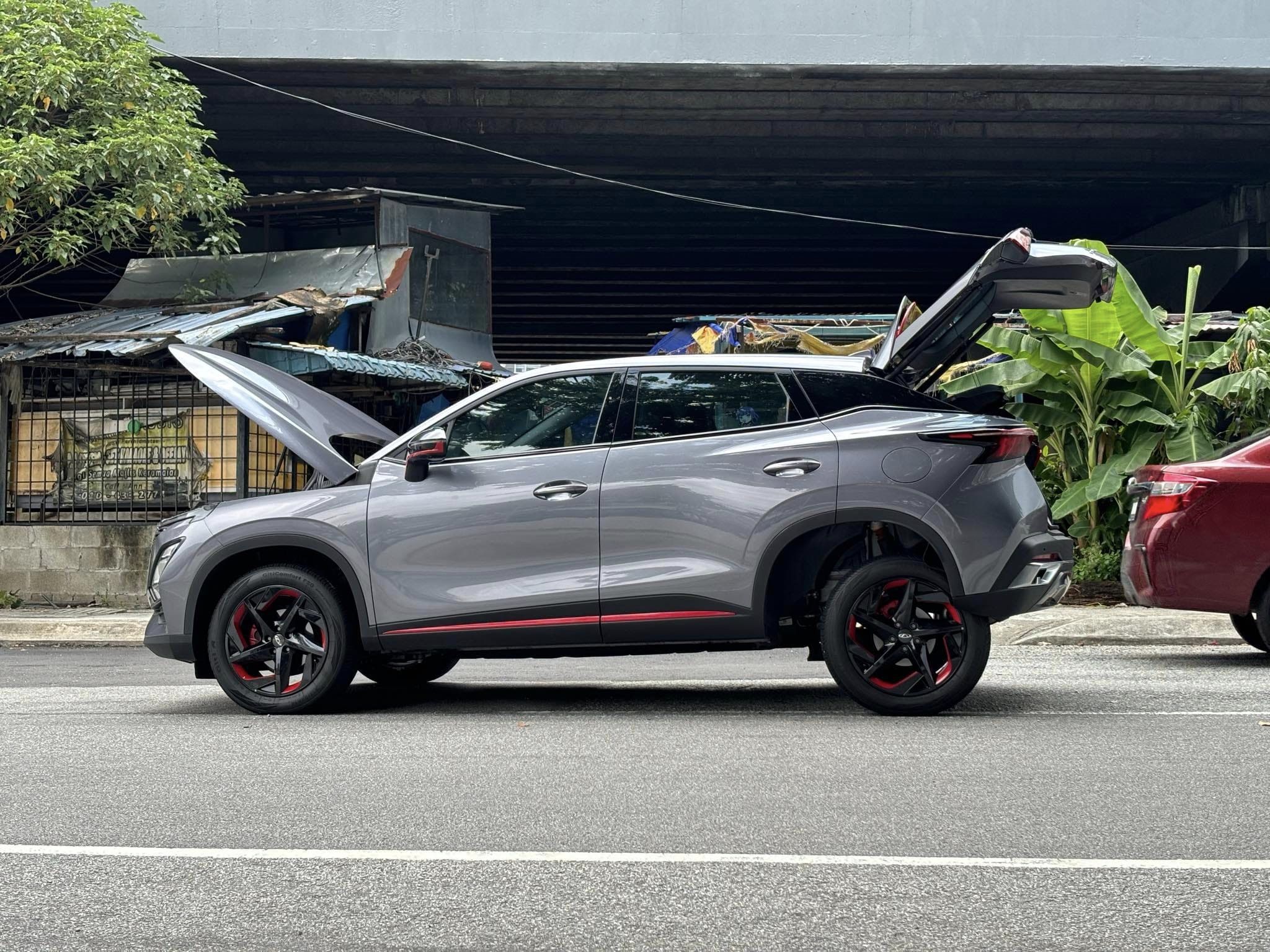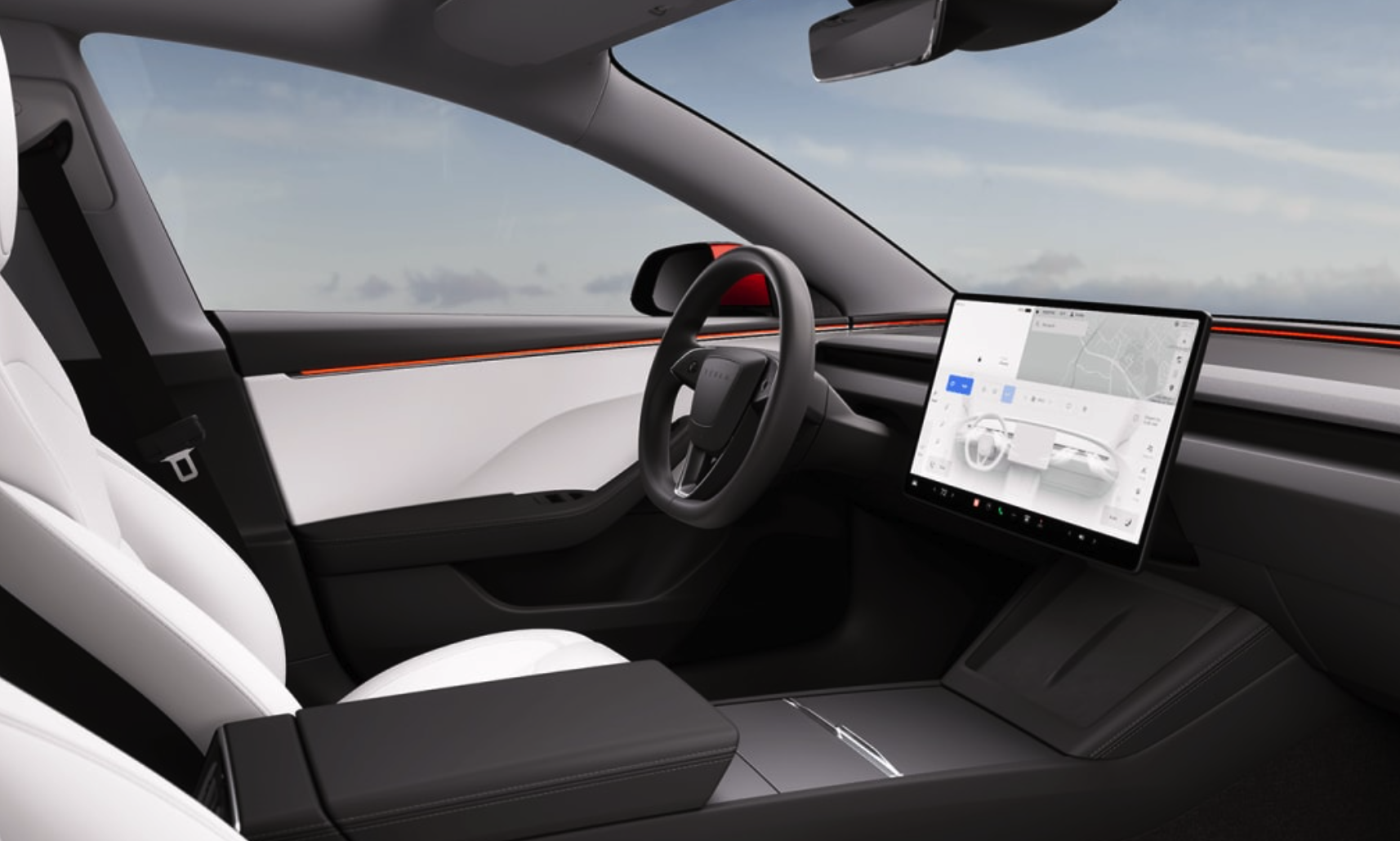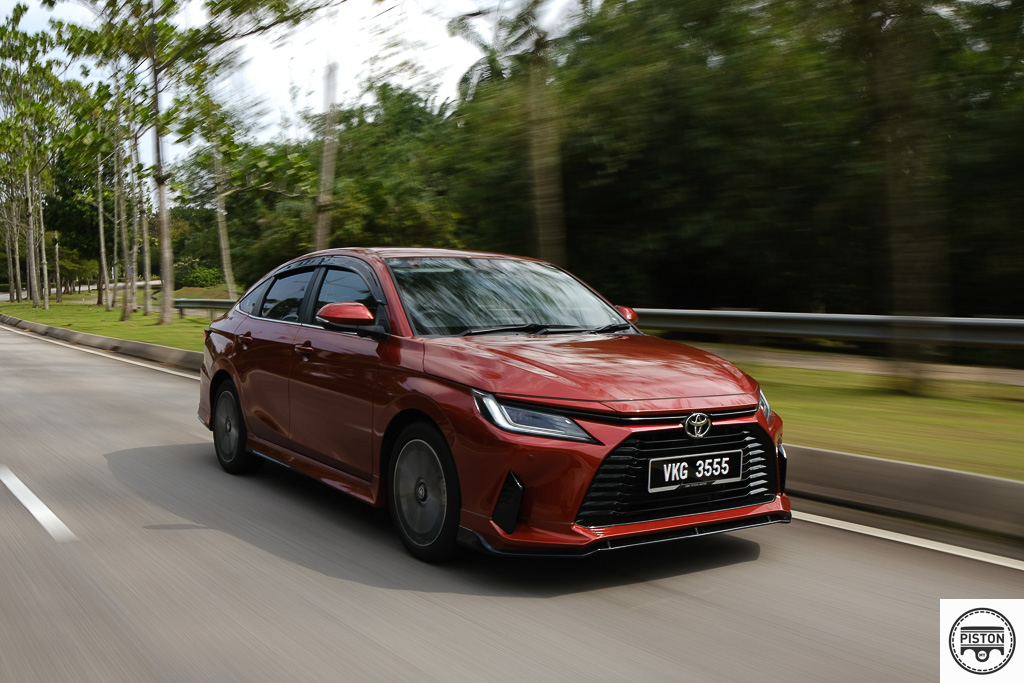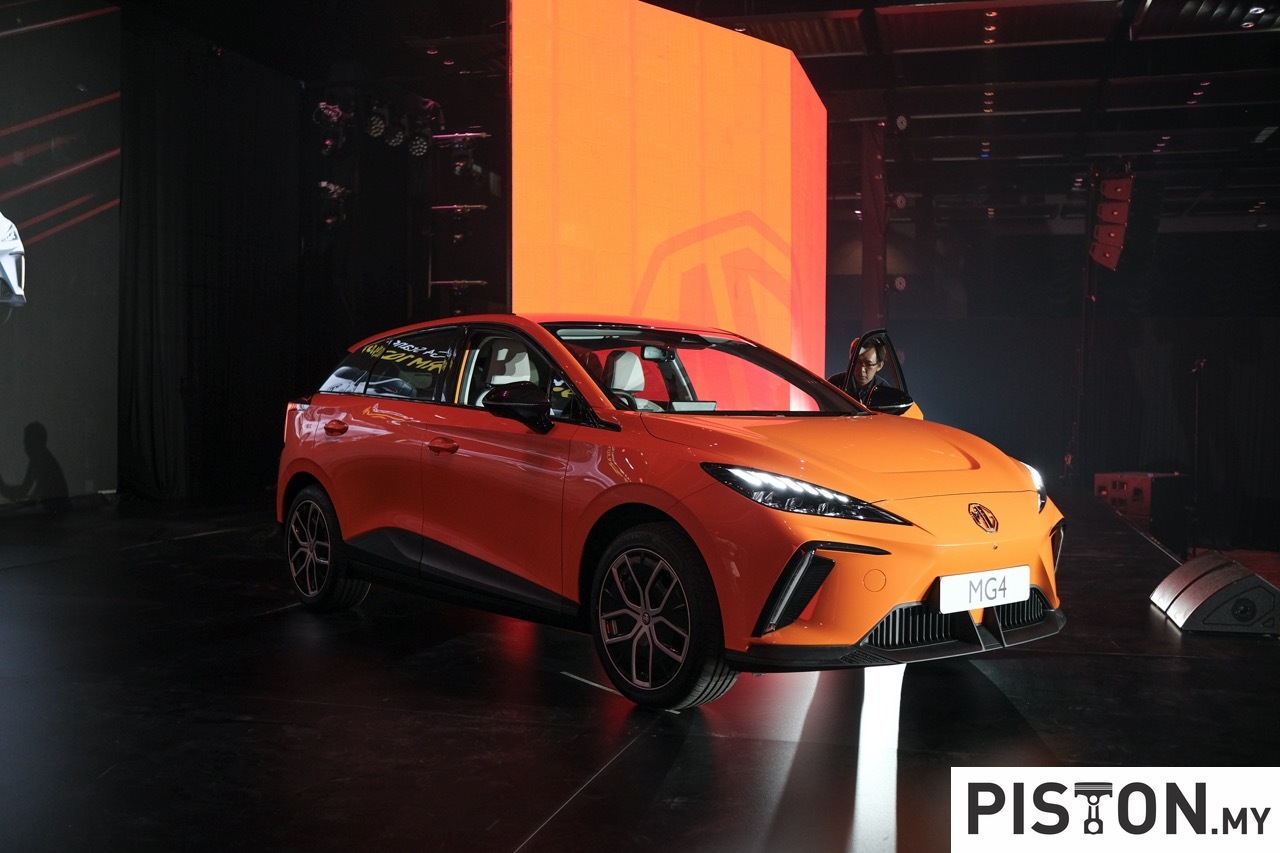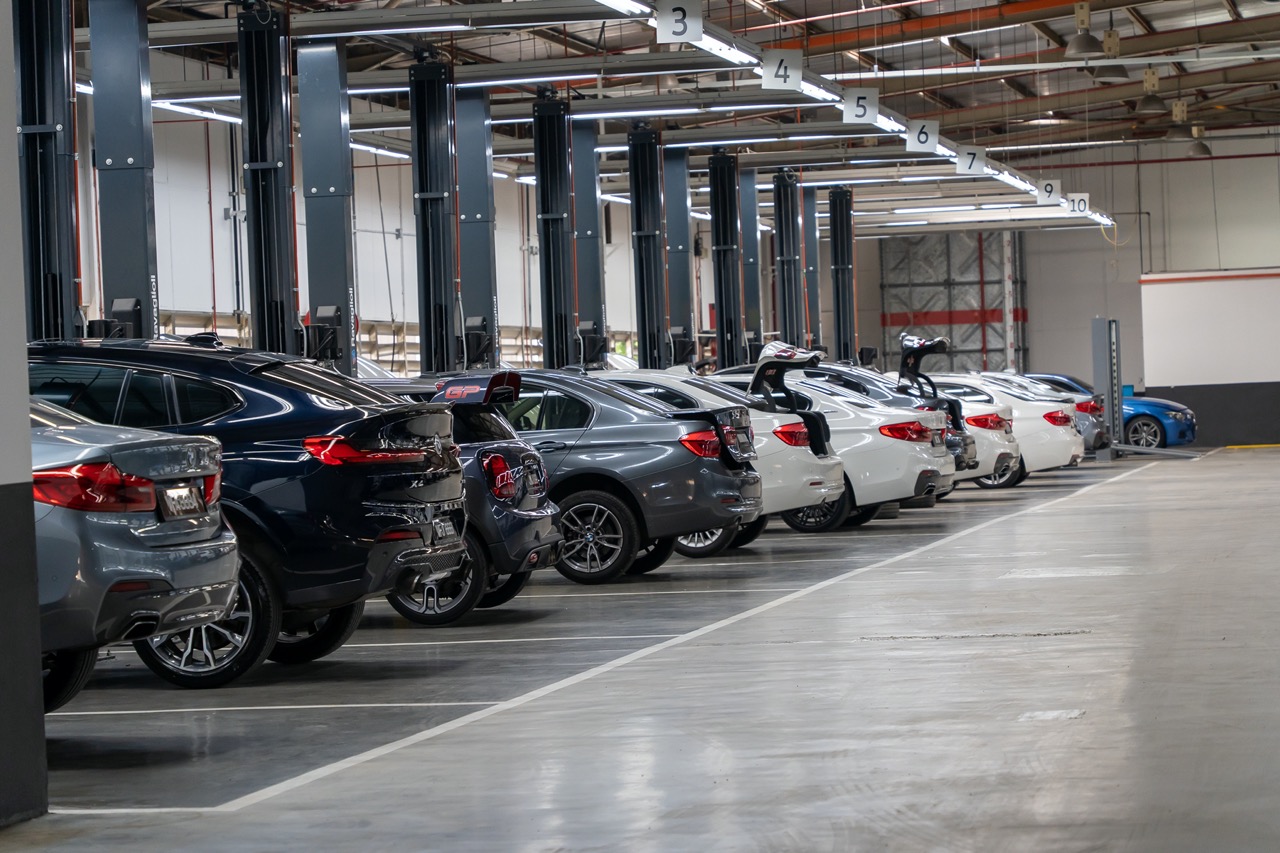This is going to be a hard pill to swallow, especially for plug-in hybrid electric vehicle (PHEV) owners, but statistics do not lie. According to CR (Consumer Reports), hybrids have far superior reliability compared to PHEVs. Every year, CR compiles info and data from its members about problems that they have encountered with their vehicles in the past 12 months.
This year, CR accumulated data from over 330,000 vehicles dated from 2000 to 2023 model years with a few additions of early 2024 models. However, because this CR is a US-based report, certain models may not be relevant to the Malaysian market.
The main comparison here is towards traditional ICE (Internal Combustion Engine). Electrified models, particularly hybrids, have emerged as frontrunners, showcasing superior performance compared to traditional ICE vehicles. However, the report also sheds light on the mixed performance of PHEVs, with notable variations in reliability among different models.
The evaluation delves into 20 trouble areas across various vehicle types, providing a nuanced perspective on mainstream models. This thorough evaluation encompasses everything from minor nuisances like squeaky brakes to major concerns such as out-of-warranty engine, transmission, EV battery, and EV charging issues.
Consumer Reports employs a meticulous approach, weighing the severity of each problem to generate a predicted reliability score for each vehicle, ranging from 1 to 100. This score is instrumental in determining the overall reliability rating for every major mainstream model. The reliability rating is then merged with data from track testing, owner satisfaction survey results, and safety data to calculate each vehicle’s Overall Score.
Acknowledging the industry’s pivot toward electrification, Consumer Reports has expanded its evaluation to encompass the rapidly growing array of electrified offerings—hybrids, PHEVs, and EVs. To accommodate this shift, three new trouble areas have been introduced which are electric motor, EV/hybrid battery, and EV charging.
Breakdown of Trouble Areas:
- ICE Vehicles: Evaluated across 17 potential trouble areas, covering a spectrum of concerns from engine and transmission issues to minor nuisances.
- EVs: Subject to scrutiny in up to 12 trouble areas, focusing exclusively on electric motor, EV/hybrid battery, and EV charging issues. Traditional ICE problems are excluded from the assessment.
- Hybrids: With 19 potential trouble areas, hybrids are assessed across the 17 areas relevant to ICE vehicles, in addition to electric motor and EV battery concerns.
- PHEVs: Enduring evaluation in all 20 trouble areas, PHEVs face scrutiny across the 17 categories pertinent to ICE vehicles, alongside electric motor, EV battery, and EV charging challenges.
Hybrids
The report reveals that, on average, hybrids demonstrate a commendable 26 percent fewer problems than their ICE counterparts. Noteworthy standouts in the hybrid category include the Lexus UX and NX Hybrid, as well as the Toyota Camry Hybrid, Highlander Hybrid, and RAV4 Hybrid. These models have excelled in reliability, contributing to the overall positive outlook for hybrid vehicles. Hybrids have been on the market for a more extended period than most electric vehicles. As a result, they have undergone more years of testing and refinement.
Plug-in Hybrid Electric Vehicles (PHEVs)
While hybrids enjoy a strong reliability reputation, the same cannot be said for PHEVs, which present a more mixed scenario. On average, PHEVs exhibit 146 percent more problems than traditional ICE vehicles, indicating a potential reliability challenge within this electrified subcategory.
Mixed Bag for PHEVs
The report highlights that several PHEVs fall short of the reliability standards set by their conventional counterparts. Notable examples include the Audi Q5 and Chrysler Pacifica, with the latter securing the lowest reliability score in the survey at 14.
PHEV Standouts
Despite the challenges faced by some PHEVs, there are notable exceptions that defy the trend. Standout performers in the PHEV category include the Toyota RAV4 Prime and Kia Sportage, both scoring well above the average reliability threshold. The BMW X5, Hyundai Tucson, and Ford Escape PHEVs also earn respectable reliability scores, aligning with industry standards.
This holistic approach to reliability assessment provides consumers with a comprehensive understanding of vehicle performance, considering the diverse challenges posed by traditional ICE vehicles and the emerging complexities of electrified offerings. This nuanced evaluation aims to empower consumers with the insights needed to make informed decisions, ensuring that reliability remains a cornerstone in the ever-evolving automotive landscape.


